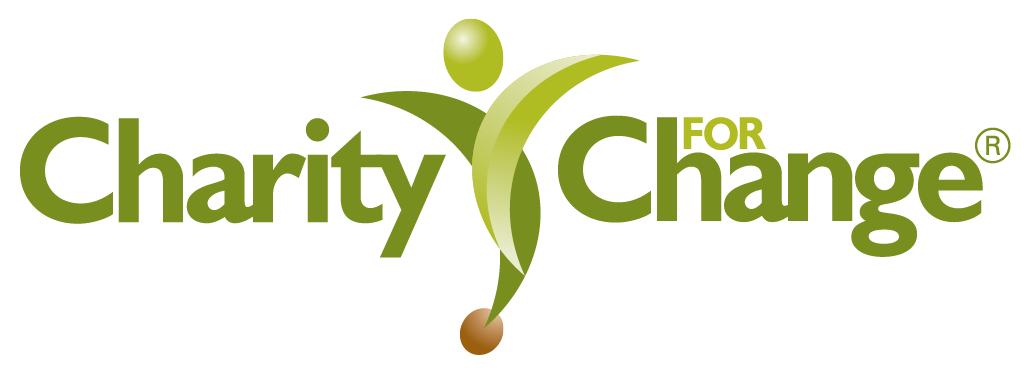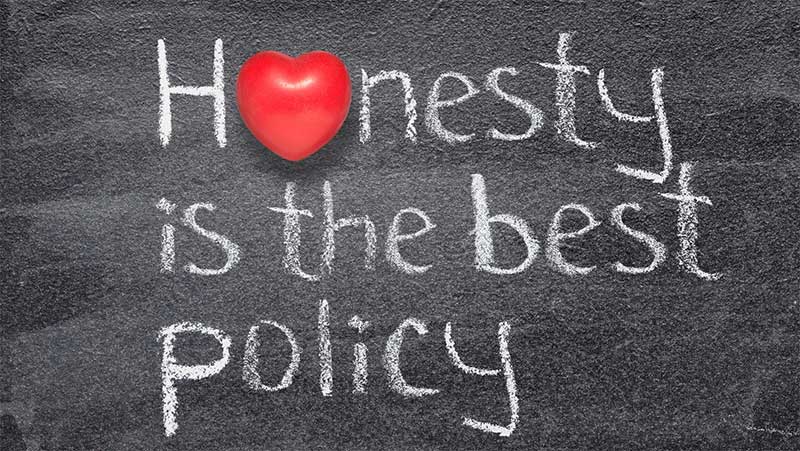By Karen Conley, President, CEO and founder of Charity for Change
We often hear that “honesty is a virtue.” Honesty is a huge part of our moral and character development, but what exactly is honesty, and why is it so crucial to our well-being?
Honesty is more than not lying. Closely linked with integrity and trust, honesty means being truthful in what you say and what you do. Furthermore, honesty is vital to building relationships with others and with yourself. It forms the foundation of all our relationships and is a skill children need to begin practicing at an early age.
Importance of Practicing Honesty
Lying is a normal stage of cognitive and social development that can begin as early as two years of age. That may seem odd, but lying requires some sophistication, imagination, and comprehension. Some common reasons children may lie include:
- Avoiding consequences
- Entertaining others
- Impressing others
- Making someone feel good
When a child lies, that signals that they understand how people think, have insights into how actions affect others, and know the difference between right and wrong. These skills are critical for their development, and it is up to us – as parents, caregivers, teachers, and mentors – to help children understand why honesty is important. Because these small lies can easily lead to compulsive and habitual lying.
Learning How to Practice Honesty
Much like learning a musical instrument, honesty is a valuable skill that needs to be practiced. That’s because honesty is difficult, and it can sometimes be painful and inconvenient. However, dishonesty can lead to increased anxiety and depression, social ostracization, academic cheating, career setbacks, substance abuse, and more. So, by teaching children how to practice honesty, we are not only helping children with their relationships and social skills, but we are also helping them cultivate and strengthen their self-worth.
- Recognizing Right and Wrong. From a young age to the teenage years, having open discussions about what is right and what is wrong helps students understand behaviors, their impact on others and themselves, and how to make decisions. These discussions can begin with reading books or watching videos, then conversing about the characters and their actions and behaviors.
- Model Truthfulness. Telling the truth can be hard, but modeling honesty and letting students know we all make mistakes illustrates the value of truthfulness and authenticity. Encourage students to speak honestly with you and their peers and encourage them to listen to others respectfully. Demonstrate receptive body language so students feel comfortable, which will help facilitate honest and truthful communication.
- Be Patient. A classroom should be a safe space, so when a student lies, take the time to ask questions and listen to why they decided to lie. Talk to them about why they should have been honest and encourage them to be honest in the future. Calmly explain the consequences of lying and give them examples of how they could have handled the situation.
- Praise Honesty. Let a student know you are proud of them for being honest, even when they may have broken the rules. The praise does not have to be elaborate; it can be as simple as acknowledging their honesty or thanking them for telling the truth, then addressing the repercussions of the rule-breaking.
When we encourage children to be comfortable with the truth, we are letting them know that we care about their thoughts, feelings, and actions, which in turn helps them be honest with themselves. And the ability to practice honesty now will help them meet future challenges and lead a happy and fulfilling life as they age.
About the Author
Karen Conley is President, CEO and founder of Charity for Change, a non-profit social-emotional learning educational organization funded by philanthropy. For information, visit charityforchange.org.





